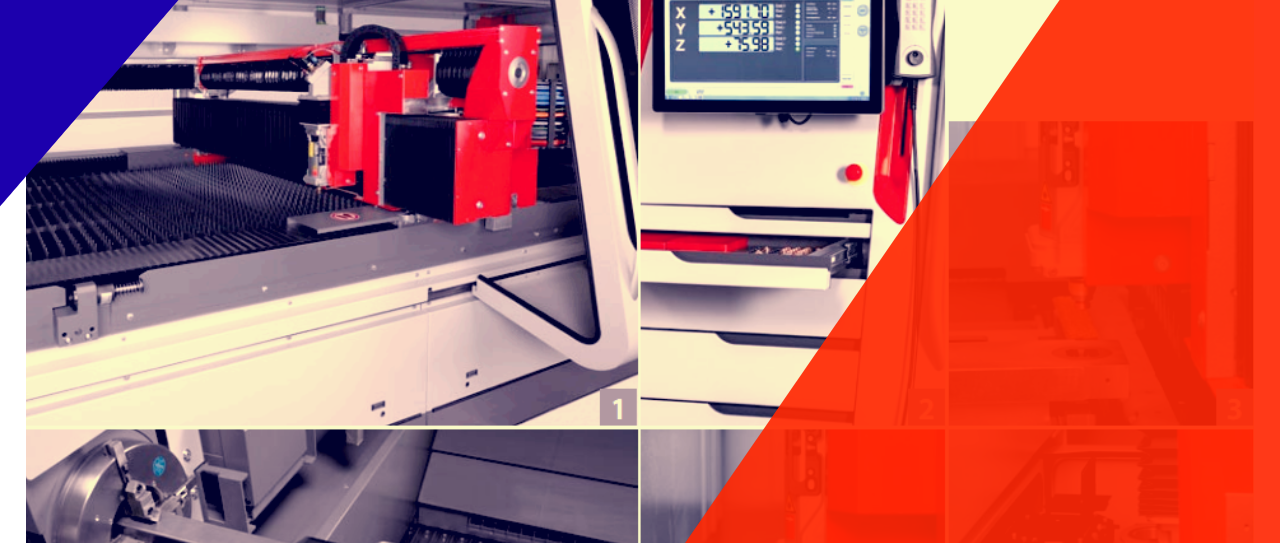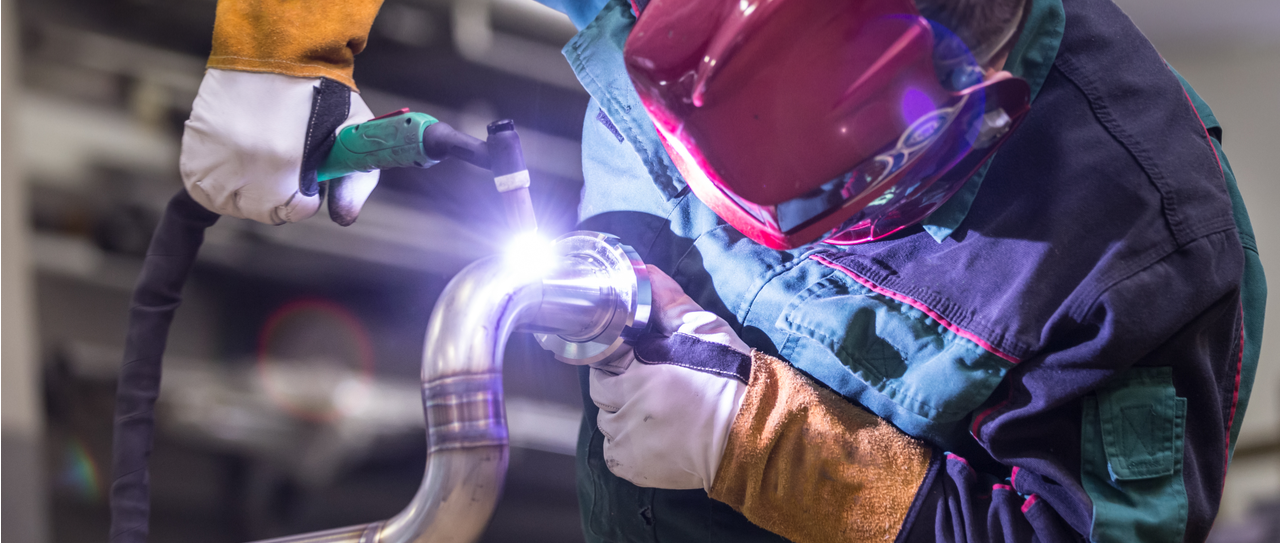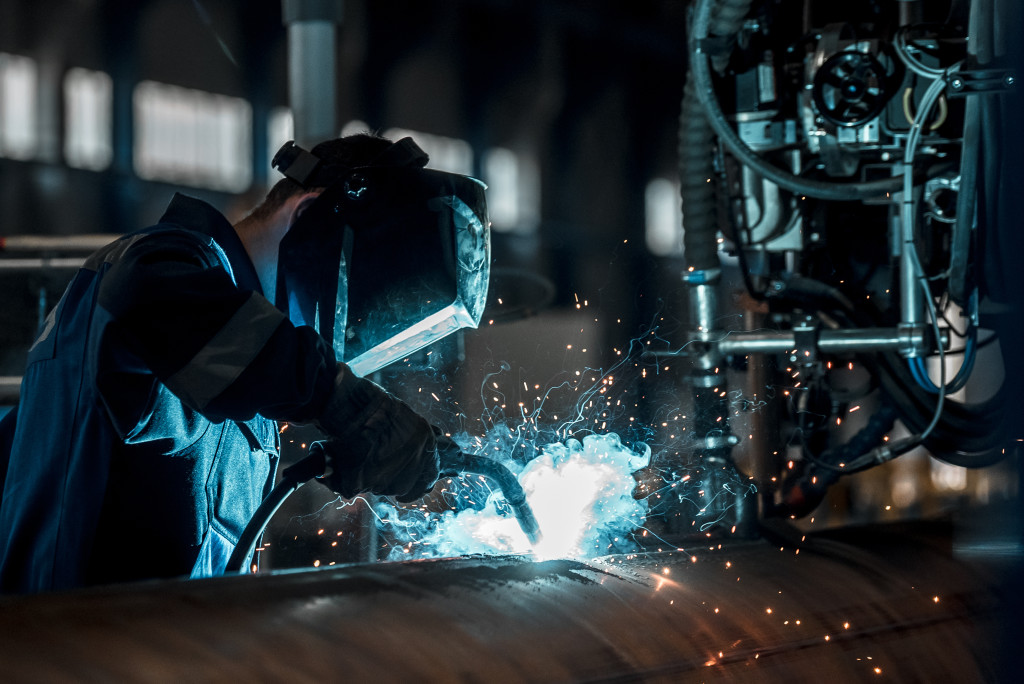Stainless steel fabrication, aluminium fabrication or steel fabrication, no matter what the material is, each metal fabrication process require a specific set of equipment and supplies. Laser cutting requires Depron foam, ABS; Metal bending requires angle bender, press brake; Metal rolling requires roller, cloth, etc. Similarly, welding requires gas bottles, consumables, power sources, and other equipment.
The welding shops get their supply from distributors. While many believe that the distributors’ job is to supply these essentials only, there are few who believe the distributors have something more to contribute to the whole welding process and the welding shop.
1. Advising and Providing Analysis
To be honest, you can buy the supplies from anywhere. If you order the electrodes tonight online, you’ll get them tomorrow.
When you can get the supplies from almost anywhere, why will you go to a specific distributor for the supplies?
Unless the supplier is offering something more than the power sources and electrodes, metal fabricators won’t think of sticking to one dealer for long. That’s why many suppliers are offering out-of-the-box supports with the equipment. For example, Airgas offers their customers some exclusive data and analysis of the market that may be helpful to finish the operation efficiently.
This is how they maintain a long-term relationship with the clients. This exchange of data, program or analysis helps both the welding shop and the supplier.
2. Use the Expertise and Support beyond the purchase
Local supplier or distributors of these supplies should not be “just sellers”. They should be more open to helping and collaborating, not because they need to. They must do it because they should.
These suppliers have years of experience with the operations and they know their ways around welding. The problem you or many other welding shops are facing today have been solved by these local suppliers way back.
For example, if you are facing a problem regarding the removal process of abrasive from your workstation, the suppliers can help.
Welding shop owners don’t even know for how long the distributors are helping other shops in situations like this.
These local dealers can also play a role of advisors to the welding shops. Since they are handling the supplies for multiple welding shops, they know about the most frequent obstacles in this operation. They may even know about some of the easy solutions to the complicated problems.
If the suppliers decide to share their expertise in handling difficult situations with welding shop owners, the relationship between may grow and benefit both of the parties.
3. Test Before Investing
Every day hundreds of new tools, consumable, and equipment are introduced. But if the welding shops don’t know how they are going to affect the results, there’s no guarantee that they’ll buy them.
Blind buy may work for your perfume or mobile phone but it won’t work for the welding operation. However, the supplier can offer trials to the welding shop, helping them understand the new technologies that are being introduced to them. And if the shop owners think that these new items have the potential to increase the productivity of the operation, they’ll certainly buy from the distributors.










